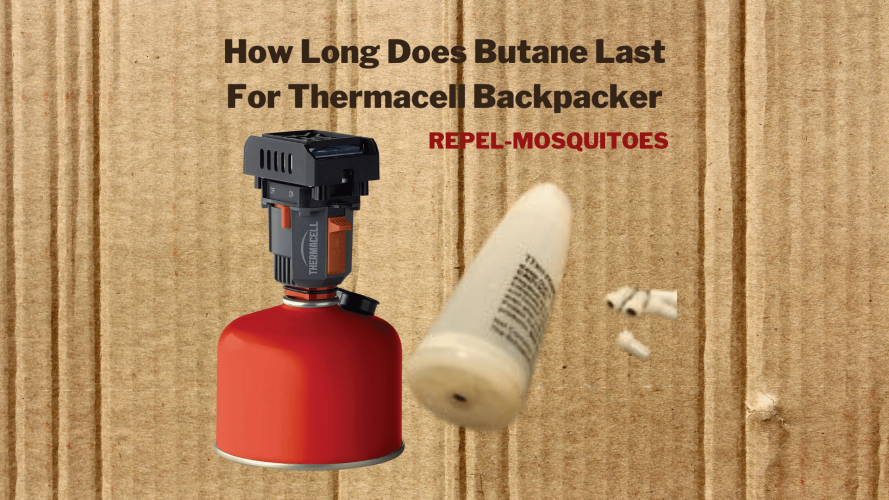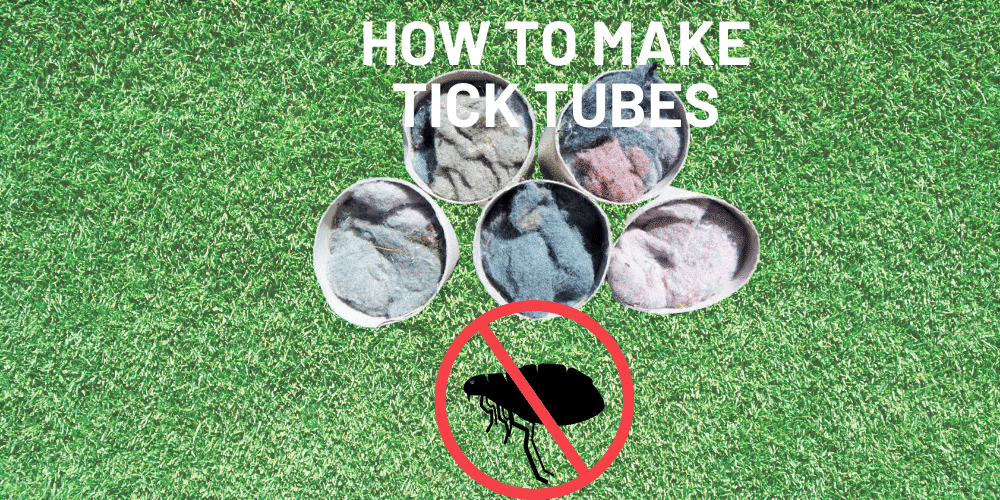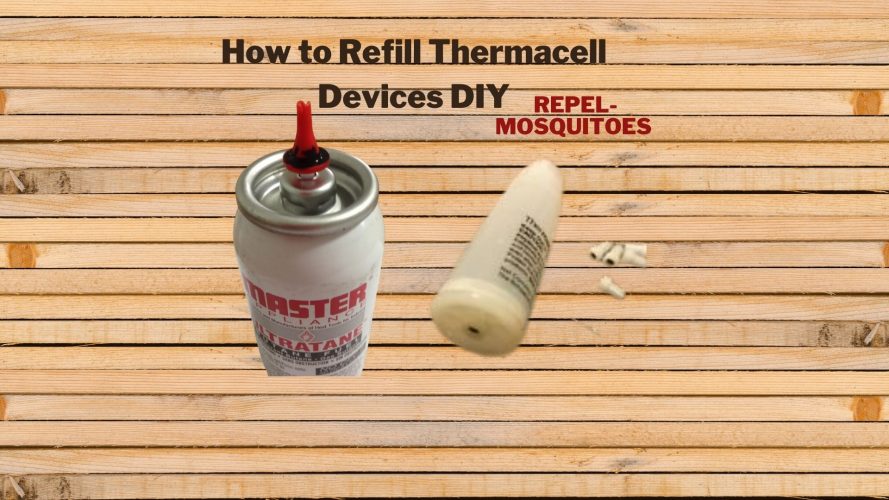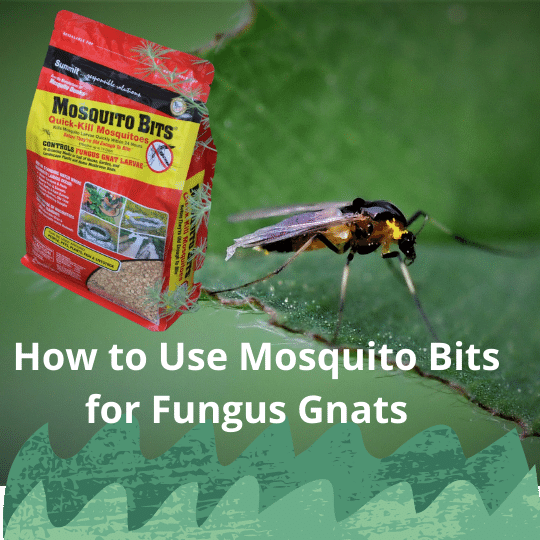Mosquito bites are the bane of life for many of us, but they can be particularly worrying when you have a little baby to protect. Mosquito bites on babies can cause irritation, itching, and even infection. If your child has an allergy to mosquito bites they will need extra protection. In this article, I’ll help you find out what the best mosquito repellent to Babies and how to use it safely around your little one.
Why Bites create babies’ itch and illness
Mosquitos are the most common cause of insect bites and they can transmit many diseases. Mosquito bites can cause itching, swelling, pain, and fever. The viruses that mosquitoes carry may be passed to humans through their bites.
Mosquito-borne diseases include Zika virus, yellow fever, dengue fever, and malaria (two types – Plasmodium vivax and Plasmodium falciparum). Other diseases transmitted by mosquitoes include (WNV) and dog heartworm.
Common symptoms of a mild reaction
A mild reaction to an insect repellent is usually a short-lived redness and itchy sensation in the areas where the product was applied. These symptoms are generally mild and may not require any treatment.
Some people experience more severe reactions to certain insect repellents than others, including:
- Rashes or hives (itchy bumps)
- Swelling of the face, tongue, or throat that can make breathing difficult
- Difficulty breathing
Using Mosquito Repellent to Babies safely
When using insect repellents with your baby, you should remember to:
- Check the label. The bottle should have a warning that it is not recommended for children younger than 2 months old; this age group has very sensitive skin and can react to chemicals in repellents.
- Use caution when applying repellents to older children. Children between 2 and 12 years old may have an adverse reaction if they have an allergy or sensitive skin. Even if they don’t react immediately after applying, they could develop rashes later on—and it’s difficult to predict how their bodies will respond because every child is different.
- Avoid using repellents on babies younger than three months old, as the potency of chemicals used in these products varies widely among brands (some may contain more than 20% DEET).
Tips for applying Mosquito Repellent to Babies
- Apply repellent clothing and exposed skin. Avoid applying on the hands of infants, because they might put their hands in their mouths. Do not apply repellent to the eyes, mouth, or nose of babies or young children.
- Follow label directions carefully when using insect repellents on children under 6 months old; they may be more sensitive to this product than older children.
Other ways to protect your baby from mosquitoes bites
Although repellents are a great way to keep mosquitoes away from your baby, there are other steps you can take to help protect them from bites.
- Wear loose-fitting clothes that cover as much of the skin as possible.
- Do not use bright colors like yellow or Red because they attract mosquitoes more than dark colors do.
- Keep your child indoors during peak mosquito hours (dusk and dawn). If you’re going outside with your baby during these hours, make sure that he/she has long sleeves and pants on so that he/she doesn’t get bitten by mosquitoes or other bugs such as ticks and chiggers!
- Keep his/her skin covered at all times when outside in areas where there may be insects flying around nearby – even in wintertime! This helps prevent bites from being taken off by pesky little pests who want nothing more than some tasty human flesh from which to suck up all its juices before going back out into their habitat after having gotten enough nutrients needed for survival purposes.”
What if my child reacts to an insect repellent?
While it’s true that insect repellents are designed to stop bugs from biting you in the first place (and thus potentially causing an infection), they can also cause irritation if applied improperly or inadvertently ingested by children or pets who lick their paws after playing outside where pesticides have been sprayed. Below we’ll discuss some signs and symptoms of a mild reaction as well as how severe reactions should be treated by medical professionals
What should you do for server reaction?
For severe reactions, it is important to seek medication as soon as possible.
If your child’s reaction is severe, it is important to seek medical attention as soon as possible. To help prevent a severe reaction from occurring:
- Do not use insect repellents on infants unless directed by a doctor.
- Avoid applying repellent under the child’s clothing or on the hands of small children who may eat them. Instead, apply the repellent to exposed skin areas–such as legs and arms–not covered by clothing.
- Do not spray directly into your face or onto sensitive areas such as eyes, mouth, nose, and ears; instead, spray first into the air and then away from yourself and others to avoid putting too much on at once or accidentally spraying someone else with it (especially for those using sprays meant for adults).
What types of Mosquito Repellent to Babies safe ?
Picaridin
Picaridin “synthetic compound” is derived from a plant called the piper longum. Picaridin has been used as an insect repellent for over 20 years, and it is considered to be one of the safest available. It is now marketed under many names including Cutter, Sawyer, and Repel PIC.
Oil of lemon eucalyptus
This oil is a good choice for babies and adults alike. It is effective at keeping mosquitoes away, and it’s also safe to use on children over the age of 12 months (the AAP recommends using oil of lemon eucalyptus-based products on children older than 2 months).
Be sincere to use the Repellent with permethrin and Deet
Permethrin is a synthetic insecticide used in insecticides, insect repellents, and topical anti-itch medications. It’s also used on clothing and mosquito nets to prevent insects from biting you.
Permethrin has been found safe for use on humans in various products since the 1970s, but it’s not as well studied for use with babies as DEET or picaridin (the other two main active ingredients). The CDC says that permethrin, as well as DEET, should be avoided by children younger than 6 months old because they’re more sensitive to chemicals than older children and adults are.
Is it safe to use mosquito repellent around young babies?
The answer is yes! Mosquito repellents are safe for children, pregnant women, breastfeeding mothers, and people with sensitive skin and allergies. It’s important to note that it is not a good idea to put the spray directly on your baby’s skin. Instead, you should spray the mosquito repellent onto your hands or into an insecticide-approved device and then rub it onto the baby’s clothing or skin. Another thing worth mentioning here: Not all mosquito repellents are created equally—some can be harmful if inhaled in large quantities so be careful when spraying outside!
Are the natural remedies any good?
Natural repellents are good but not as effective as chemical ones. You should also note that natural repellents are less robust than chemical ones.
How can I save my baby without putting repellent on her?
- Mosquito nets are a great way to keep mosquitos away from a baby and help them sleep safely through the night without being bitten.
- You can also use fans to blow air over your baby’s bed, as long as they don’t have any hair or clothes that could get caught in them and cause injury while they’re sleeping.
- A screen door can keep mosquitos out of your home effectively if it has been properly installed when you first moved in, but even if not, there are other ways you can use this method:
- Close all doors when possible (this works especially well in bathrooms)
- Make sure all windows have screens on them before closing for the evening so that no insects get inside through open sills or glass panes.



